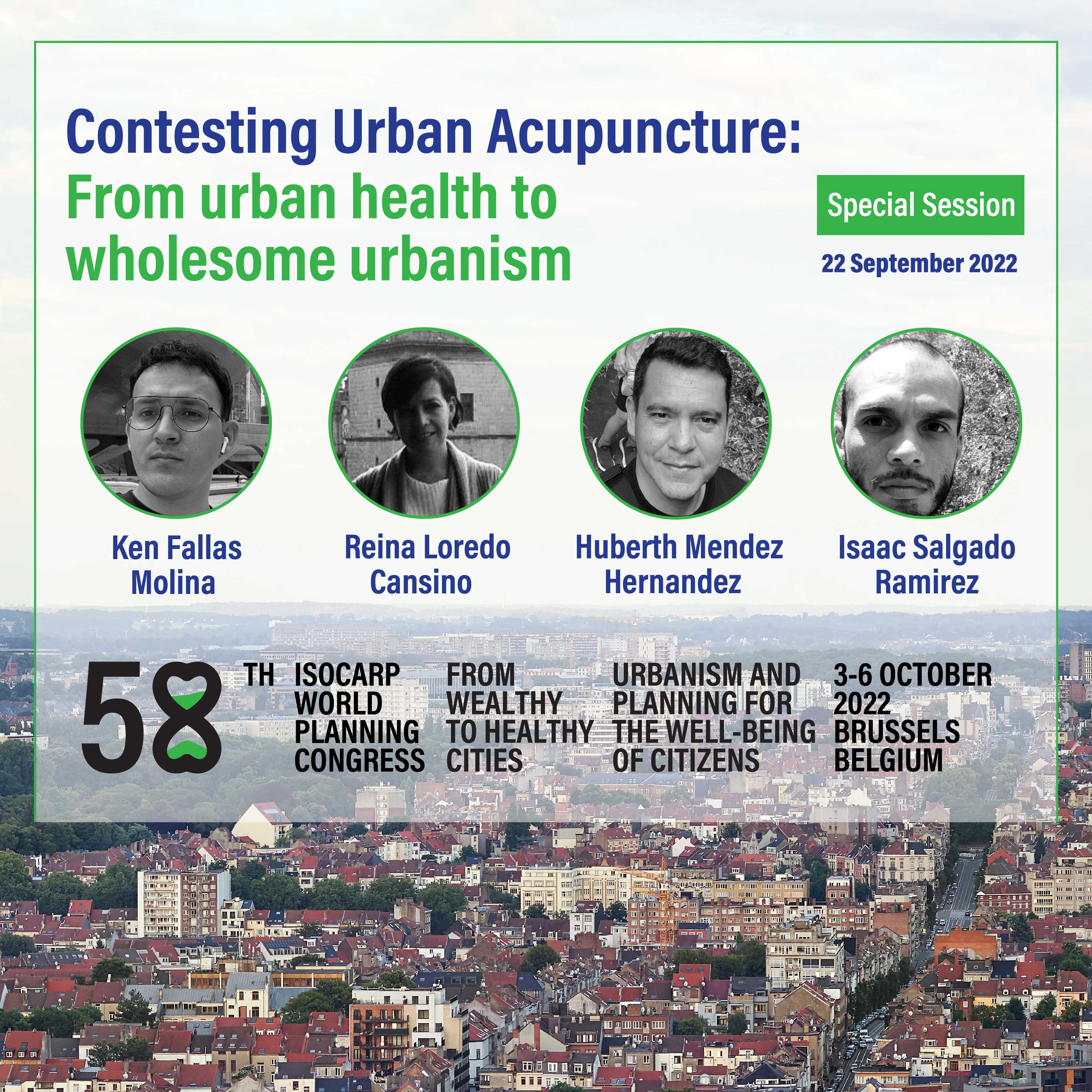Latin American and Asian urban studies are mostly influenced by the theoretical framework of political economy of urbanization which, despite criticism, tends to bring only analytical and Eurocentric approaches of the city. This is also related to a functionalist bias that instrumentalizes urban policy, due to a positivism way of thinking the city (problem solving). At the same time, somehow caused by the failure of the structuralist procedure, there is an overestimation of the local dimension (the street, the everyday, the body) at the expense of understanding the city as a whole which becomes fragmented knowledge that replicates the "urban reality" and accumulates study cases of traditional themes. Decentering State to individuals to give account of urbanization, has led to the underestimation of planning, not only because of its instrumentalization, but also because there is a domain of popular wisdom. In this sense, without an interpretative theory of the city, unveiling meaning everywhere seems to be of little use to develop relevant knowledge of the city and a particular territorial context. This makes urban policy no different from what an ordinary citizen would do with effects on land management, giving some sense to the idea that building a city is different from urbanizing. Lack of knowledge of the city is also related to the sub-theorization that aggravates the difficulty of having robust theories to explain the city as an urban phenomenon in a critical perspective. Instead, there is a metaphoric approach that only allows to tell what happens in the city (mainly in terms of the political and the economic) pointing out the problems of the urbanization process, with methodological disregard of the city. That would be the case of urban acupuncture, understood as a metaphoric strategy, recently associated as tactical urbanism, that takes an East Asian concept of health (a transpacific exchange) linked to the idea of the city as a multi scale living organism. This has dominated the approaches aiming to solve problems of "global urbanization" for decades, yet failing to provide better living conditions translated into wellness and healthiness for all subjects in the city. For a discussion of these issues towards a revision of urban acupuncture from a critical perspective, the concepts of social symptom, burnout and well-being, would be discussed to question the dominant ideas of urban health related to the Eurocentric and functionalist approaches of the city added to the notions of "slow / good living", "buen vivir" and "vivir sabroso" to review other concepts of a wealthy urban environment in a decolonialist key. This session would be a continuity of the LASA-ASIA workshop "Inequalities, environment and well-being", so emerging experiences from Costa Rica, Mexico and Colombia would be compared to South Korean perspectives of the city, under a transpacific similarity given by rapid urbanization and common issues shown during pandemic.

Latin American and Asian urban studies are mostly influenced by the theoretical framework of political economy of urbanization which, despite criticism, tends to bring only analytical and Eurocentric approaches of the city. This is also related to a functionalist bias that instrumentalizes urban policy, due to a positivism way of thinking the city (problem solving). At the same time, somehow caused by the failure of the structuralist procedure, there is an overestimation of the local dimension (the street, the everyday, the body) at the expense of understanding the city as a whole which becomes fragmented knowledge that replicates the "urban reality" and accumulates study cases of traditional themes. Decentering State to individuals to give account of urbanization, has led to the underestimation of planning, not only because of its instrumentalization, but also because there is a domain of popular wisdom. In this sense, without an interpretative theory of the city, unveiling meaning everywhere seems to be of little use to develop relevant knowledge of the city and a particular territorial context. This makes urban policy no different from what an ordinary citizen would do with effects on land management, giving some sense to the idea that building a city is different from urbanizing. Lack of knowledge of the city is also related to the sub-theorization that aggravates the difficulty of having robust theories to explain the city as an urban phenomenon in a critical perspective. Instead, there is a metaphoric approach that only allows to tell what happens in the city (mainly in terms of the political and the economic) pointing out the problems of the urbanization process, with methodological disregard of the city. That would be the case of ...
Virtual Room 58th ISOCARP World Planning Congress in Brussels, Belgium congress@isocarp.orgTechnical Issues?
If you're experiencing playback problems, try adjusting the quality or refreshing the page.
Questions for Speakers?
Use the Q&A tab to submit questions that may be addressed in follow-up sessions.